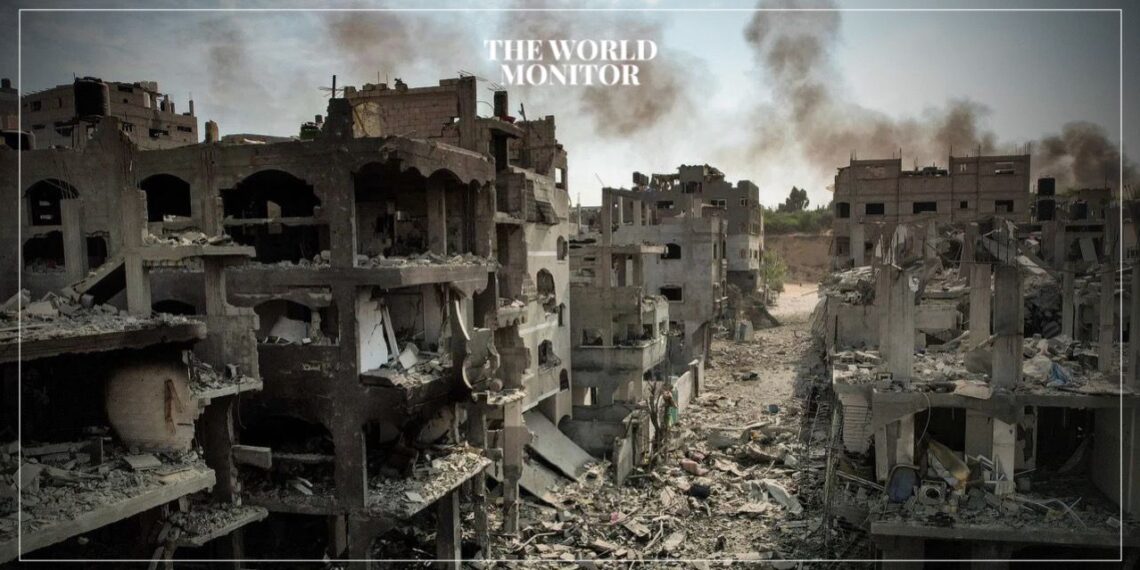The United Nations Relief and Works Agency for Palestine Refugees (UNRWA) reported on Saturday that Israeli forces continue their aggression by air, land, and sea across Gaza, resulting in civilian casualties, displacement, and the destruction of residential buildings and civilian infrastructure.
In its latest report, UNRWA highlighted that the Israeli ground offensive is expanding, with new evacuation orders affecting parts of Khan Younis, impacting around 250,000 people, exacerbating the humanitarian crisis, and further obstructing the flow of humanitarian aid.
According to the agency, up to 1.9 million people in Gaza are internally displaced, including those who have been displaced nine or ten times. Previous estimates suggested 1.7 million internally displaced persons, but this number has increased following recent displacements from Rafah and other areas since May.
On July 2nd, UN Humanitarian Coordinator for Gaza, Sigrid Kaag, briefed the UN Security Council in New York, calling for an immediate and comprehensive ceasefire in Gaza, the unconditional release of all detainees, and continuous, unhindered access for large-scale humanitarian aid.
UNRWA stressed the need for all parties to respect international humanitarian law and human rights law, emphasizing that civilian protection remains the highest priority and that UNRWA must be allowed to fulfill its mandated role.
The Food Security Group, including the Food and Agriculture Organization and the World Food Programme, analyzed total imports into Gaza before and after October 2023. The analysis revealed a 63% decrease in the monthly number of trucks entering Gaza. Specifically, the daily availability of food items, including flour, milk, meat, eggs, and vegetables, has halved from over 1 kg per person per day to 524 grams per person per day. The report underscored the impossibility of humanitarian aid replacing private sector imports, emphasizing the need for both to meet urgent needs.
The Cash Working Group reported that as of March 2024, access to cash has become an increasing issue due to the pressure on local financial institutions caused by large numbers of people in small areas, logistical and security challenges in transporting cash between banks and ATMs, and irregular cash deposits by businesses and traders. This has negatively affected the economic sector and may impact various public and humanitarian operations without long-term solutions.
International humanitarian actors have been working to explore solutions to mitigate current liquidity challenges, seeking Israel’s approval to import and operate armored vehicles for the safe collection, transport, and distribution of physical cash (approval is pending), as well as spare parts and fuel for ATMs, and to enhance the movement of funds.
UNRWA reported that deteriorating law and order conditions severely hinder humanitarian actors from collecting aid at the Kerem Shalom crossing for distribution within Gaza. This adds to existing operational challenges such as insecurity, destroyed infrastructure, fuel shortages, and restricted access.
As of July 3rd, UNRWA reported that 194 of its staff members have been killed since October 7th of the previous year.






